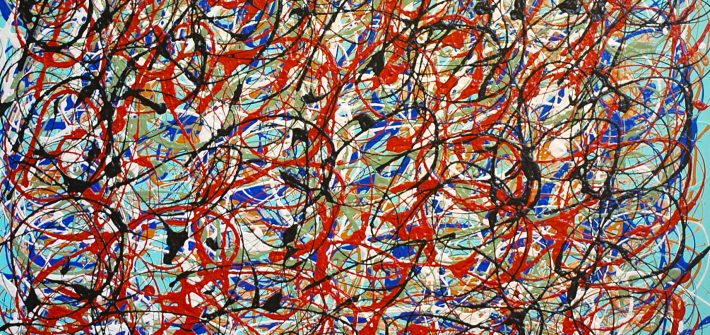Here are some tips taken from the CBT bible, Back to Basics, by Beck to help therapists carry out their work in the most effective way. Clients can be fearful of what to expect from treatment so it will help to set an agenda at the start of each session. This also allows you to […]
CBT
CBT – Core Beliefs

Core beliefs in CBT We all have central beliefs are about ourselves and our relations to others; they are like short cuts to which we revert, time after time. The problem arises when they become maladaptive, and in which case they often highlight an underlying belief about us being one of three things: unlovable, helpless […]
CBT – Intermediate Beliefs

Intermediate Beliefs are different from core beliefs and encorporate rules, attitudes and assumptions. We formulate these gradually through treatment, not right from the start. It can help to explain that different people have different beliefs because of different personalities and experiences, and that they may make things hard for us but that we can unlearn […]
CBT – Negative Automatic Thoughts and Thought Challenging

We all have negative thoughts from time to time; they are often what make us feel low or anxious. The thoughts themselves can be distorted or the conclusion from the thoughts may also be distorted i.e. I didn’t remember calling my friend back therefore I am a nasty person. Or our thoughts may simply be […]
- CBT
- ...
Asking Powerful Questions

Asking the right thing, at the right time, and listening to that answer is one of the most important skills any of us can ever learn. But it’s an art, not a science so here I’ve tried to look at how we can ask better questions which will in turn help therapists (and anyone trying […]
- Anxiety
- ...
Post Traumatic Stress Disorder – what is it and how to treat it

What is Post Traumatic Stress Disorder (PTSD)? PTSD is when, following a traumatic incident, individuals experience distressing symptoms such as flashbacks, nightmares and intrusive thoughts about the incident. This can mean that they re-experience the event, they might avoid any memories of the event or even small triggers which bring on memories of the event […]
- CBT
- ...
Why Depression Happens

In this article I’d like to explain a way of looking at and understanding depression which has just been published and which I feel pulls together a lot of what we know about depression from the fields of genetics, neurochemistry, neuroscience, behavioural psychology and social psychology. I think that, if you can understand where depression […]
The best Cognitive Behavioural Therapy apps / CBT apps

There’s lots of evidence that Cognitive Behavioural Therapy (CBT) is effective at treating anxiety, depression, phobias, hypochondria, PTSD and eating disorders. Trouble is…whilst it’s free on the NHS, the waiting lists are huge; where I work, clients have to wait up to 6 months for treatment in some cases! Of course you can pay, but […]
Different Therapy Types

There are so many different types of therapies, but what do they each do? Here I’ve written a comprehensive (but not exhaustive) list of the different kinds of therapies on offer, what the different therapies treat, how they work and what to expect from each therapy. If I’ve missed one, then let me know and […]
- Anxiety
- ...
Panic Disorder Management – a problem based learning case study

Often, when we are presented with a case it can be difficult to find a way forward. To aid clinical decisions, it is sometimes necessary to break down the decision making process into stages. The problem based learning task below does just that. Here I was given a case study and we methodically worked through […]

